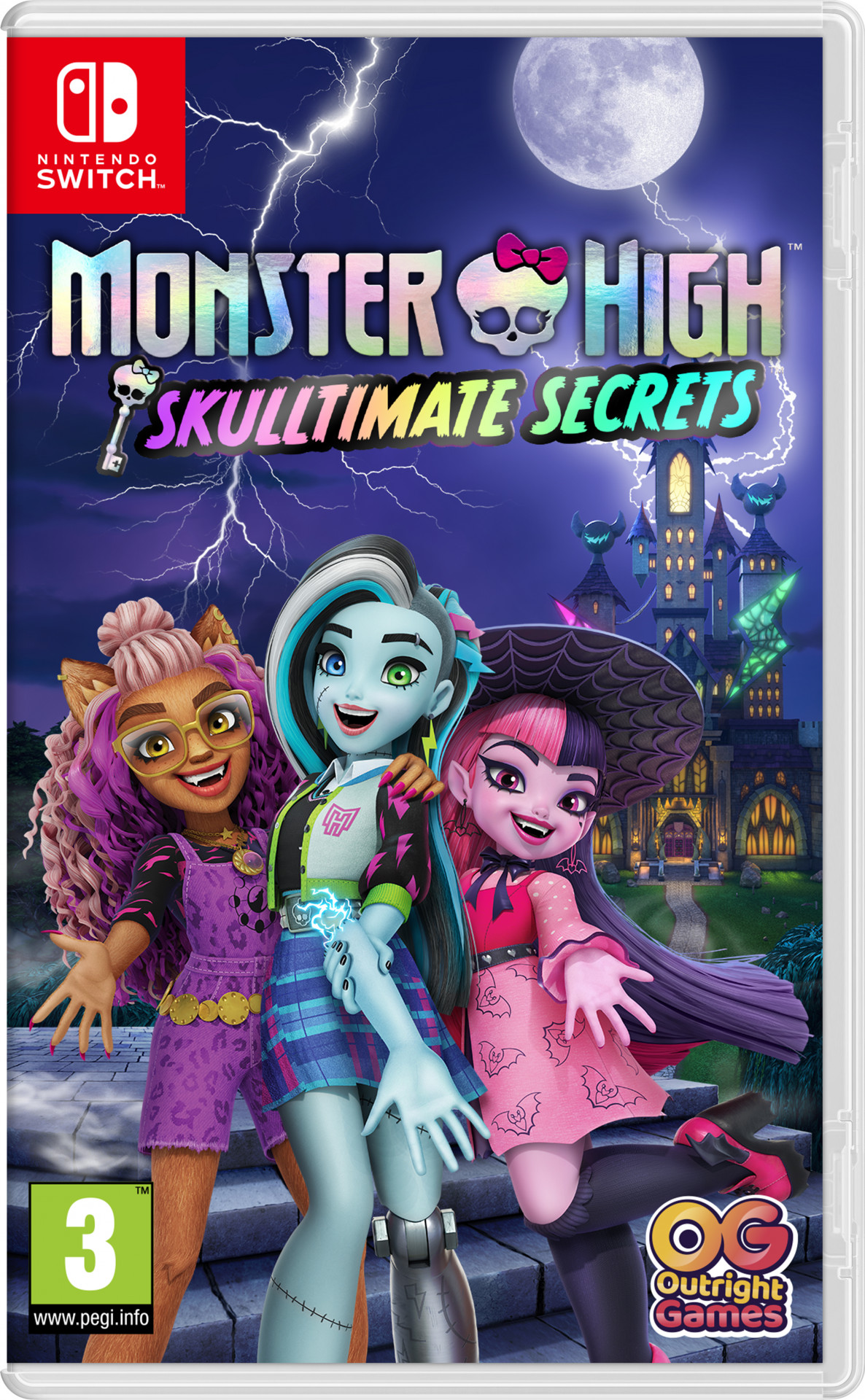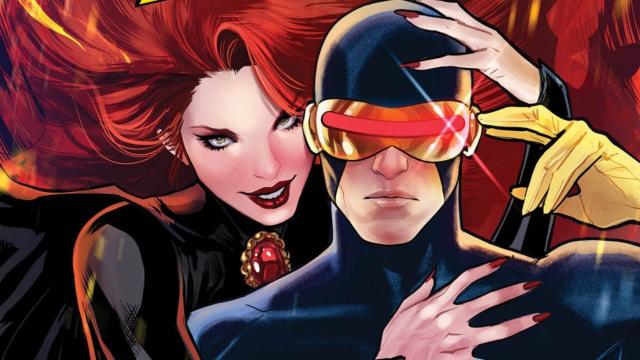Riot Games' upcoming fighting game, 2XKO (formerly known as Project L), has shared that more details will be forthcoming in the next few weeks. This highly anticipated game, set for a 2025 release, has sparked discussions among the gaming community, particularly around its monetization strategy and netcode. Free-to-play, 2XKO's monetization has been a point of curiosity, especially considering Riot's approach in its other games like Valorant, which fund themselves through the sale of cosmetics. Similarly, there's anticipation around Tony Cannon’s explanation of 2XKO's server-based netcode, given his reputation as the creator of the GGPO rollback netcode.
As a free-to-play title, 2XKO's monetization strategy is especially relevant, contrasting with recent monetization models like the in-game store of Tekken 8. Riot Games has experience with cosmetic monetization, as seen in Valorant, and 2XKO will feature chroma skins (color variants of fighter models). Furthermore, since 2XKO is set within the League of Legends universe, there's a plethora of existing skins and designs to draw from for character customization. Gameplay-wise, Riot aims for 2XKO to deliver a robust fighting experience, with a focus on high-quality online play, hence the intense interest in its netcode discussion.
What can players expect from 2XKO's monetization and netcode updates?Players can expect a detailed breakdown of how 2XKO will balance its free-to-play model with sustainable monetization, likely through cosmetics and perhaps additional content. Regarding netcode, Riot Games is expected to ensure a stable and responsive online experience, with Tony Cannon leading the explanation of their server-based netcode approach, leveraging his expertise in the area.
Background on Riot Games and Project L, now known as 2XKO: Riot Games, primarily known for the massive success of League of Legends, entered the fighting game space with the announcement of Project L, which has since been officially named 2XKO. The game utilizes characters from the League of Legends lore, bringing them into a new genre with a focus on competitive play. Addressing concerns like monetization and netcode early on shows Riot's commitment to open communication and community feedback, qualities they've been known for in their handling of past titles. The fighting game community eagerly awaits the next updates as the game approaches its high-profile launch.








Comments
2XKO's emphasis on free-to-play, cosmetic monetization, and netcode stability sets it apart in the fighting game arena. It'll be interesting to see how Riot Games leverages their expertise from titles like Valorant while delivering a high-quality online experience, especially with Tony Cannon leading the charge on netcode. Can't wait to throw down in 2XKO
Man, the anticipation for 2XKO's updates is real. I'm curious to see how Riot will balance the free-to-play model with sustainable monetization, and I'm definitely looking forward to Tony Cannon shedding light on the netcode approach. It's all about that balanced gameplay experience, and Riot seems to be on the right track
The news about 2XKO's upcoming monetization and netcode updates is sparking great interest. With Riot Games' track record with cosmetic monetization in Valorant and Tony Cannon's expertise in netcode, players can expect a thoughtful approach to in-game purchases and a robust online gameplay experience. It's exciting to see how Riot will bring the League of Legends universe into the fighting game genre.